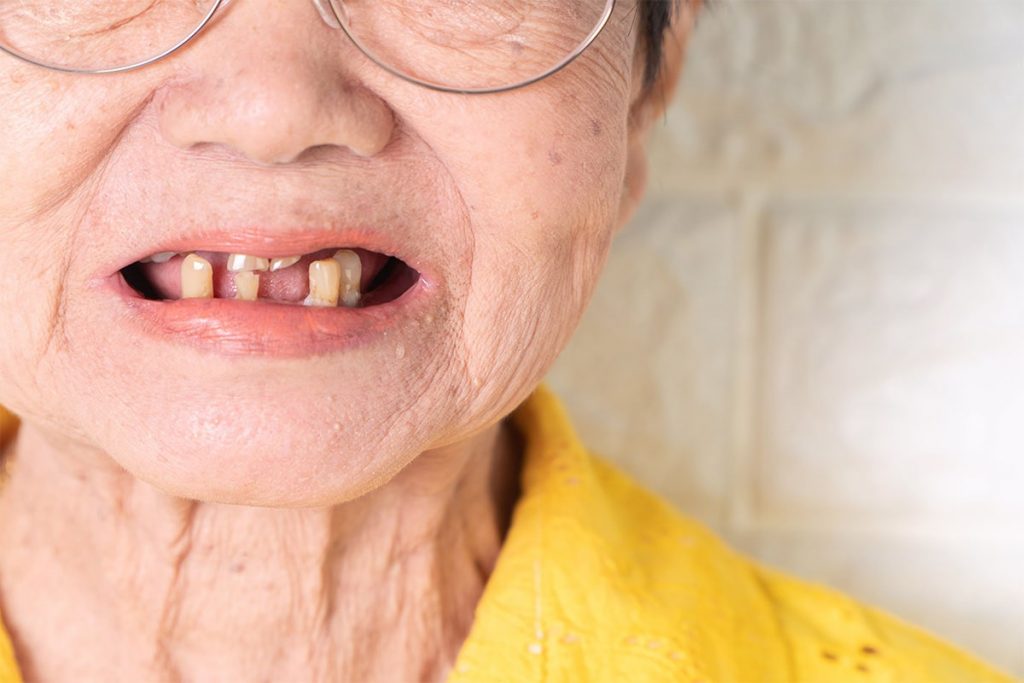The answer will be Yes. Significant bone loss can take place as a result of a long absence of teeth, as the teeth provide vital stimulation to maintain density. Because of a lack of stimulation, the size of the tooth declines, as does the gum tissue over time. As a result, speaking and chewing skills may be reduced, leading to functional issues.
Specific changes to facial characteristics and chewing patterns might indicate jawbone loss. Various patients in Pleasanton with dentures reported soreness in the restoration gradually because of bone loss. Visit a general dentist in Pleasanton, CA, to assess your dental health and create a treatment plan.
Will there be bone loss in the jaw if you have a missing tooth?
Infections are the main reason for tooth bone loss, and they can spread to the nerves or gums. Smoking and other lifestyle factors can affect jawbone density. Certain gum diseases, such as periodontitis, if left untreated, can cause gradual degradation of the gum tissue and bone that support the teeth. This may also impact neighboring teeth, leading to loosening and loss.
These partial and complete removable dentures are incapable of providing essential stimulation to the jawbone in locations in which teeth are missing, resulting in bone and muscle weakness. This bone loss may eventually cause the mouth and face to shrink.
How can it be treated?
Treatment involves tooth bone grafting methods such as socket preservation, which involves filling the void left by the removed tooth immediately after extraction in order to preserve the required bone volume. It is also known as a preventive bone graft. The regenerative graft procedure aims to rebuild bone in the spot of a missing tooth that has shrunk. The procedures are highly advised and used to replace lost teeth with dental implants.
A sinus lift is a treatment in which the sinuses are gently raised to provide room for dental implants, and bone grafting material is then inserted in the opening left behind. If the upper arch teeth have been removed, the bone structure can be rebuilt using a simple and successful method.
How long will it take for bone resorption after tooth loss?
Resorption of bone occurs when it does not get stimulated by the teeth. Within a year after missing teeth, 25% of the bone is resorbed. As a result, it is best to prevent bone resorption as soon as possible by visiting a dentist.


